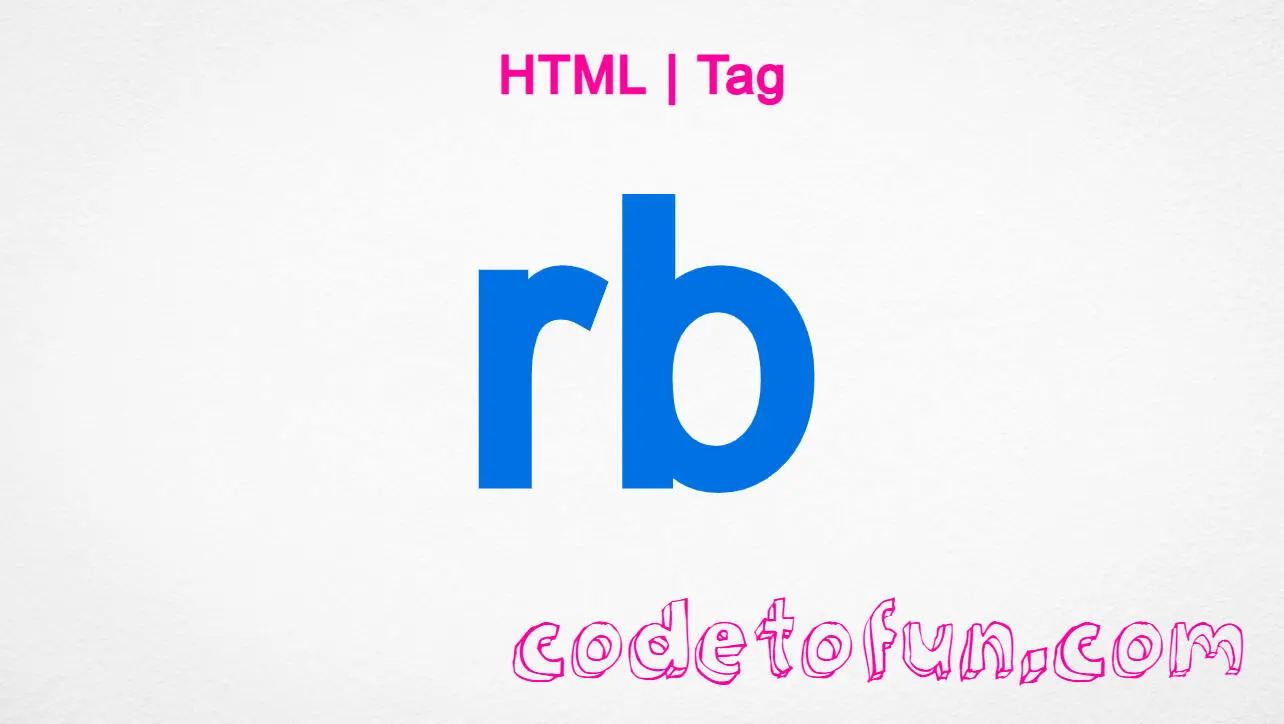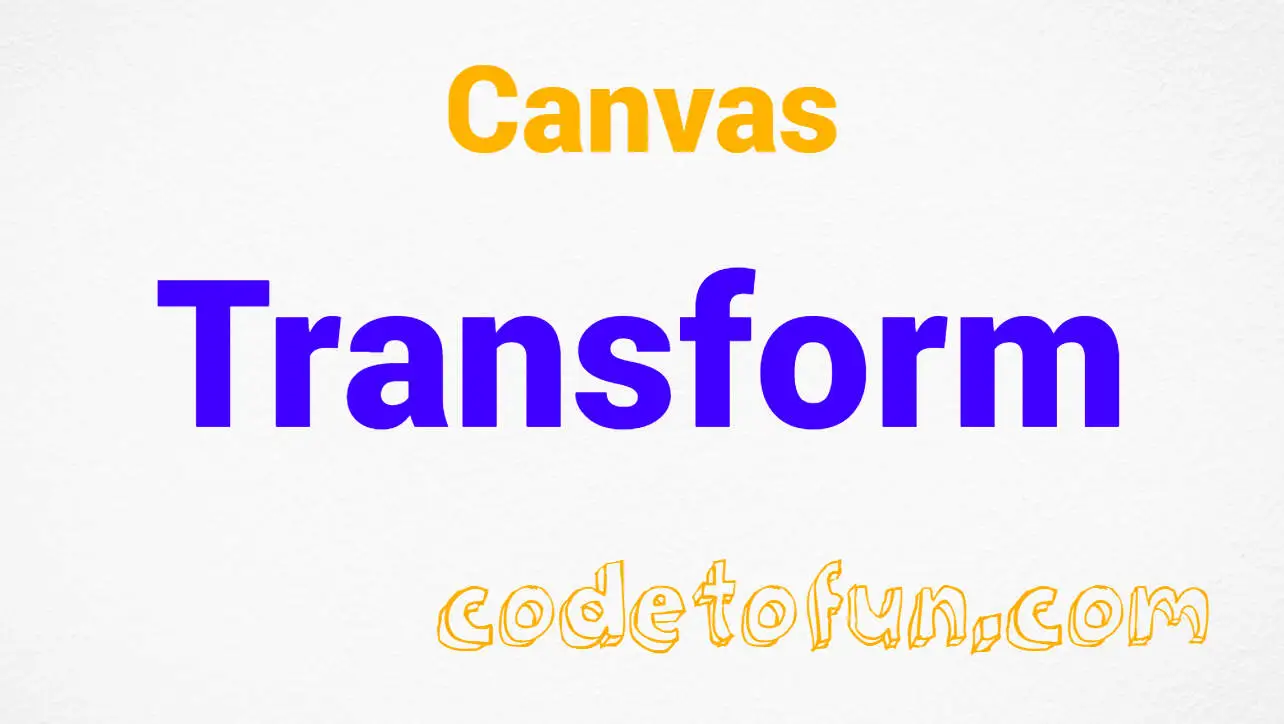
HTML Basic
HTML Reference
- HTML Tags
- HTML Deprecated Tags
- HTML Events
- HTML Attributes
- accept
- accept-charset
- accesskey
- action
- align
- alt
- as
- async
- autocomplete
- autofocus
- autoplay
- bgcolor
- border
- charset
- checked
- cite
- class
- color
- cols
- colspan
- content
- contenteditable
- controls
- coords
- data
- data-*
- datetime
- default
- defer
- dir
- dirname
- disabled
- download
- draggable
- enctype
- enterkeyhint
- for
- form
- formaction
- headers
- height
- hidden
- high
- href
- hreflang
- http-equiv
- id
- inert
- inputmode
- ismap
- kind
- label
- lang
- list
- loop
- low
- max
- maxlength
- media
- method
- min
- multiple
- muted
- name
- novalidate
- onabort
- onafterprint
- onbeforeprint
- onbeforeunload
- onblur
- oncanplay
- oncanplaythrough
- onchange
- onclick
- oncontextmenu
- oncopy
- oncuechange
- oncut
- ondblclick
- ondrag
- ondragend
- ondragenter
- ondragleave
- ondragover
- ondragstart
- ondrop
- ondurationchange
- onemptied
- onended
- onerror
- onfocus
- onhashchange
- oninput
- oninvalid
- onkeydown
- onkeypress
- onkeyup
- onload
- onloadeddata
- onloadedmetadata
- onloadstart
- onmousedown
- onmousemove
- onmouseout
- onmouseover
- onmouseup
- onmousewheel
- onoffline
- ononline
- onpagehide
- onpageshow
- onpaste
- onpause
- onplay
- onplaying
- onpopstate
- onprogress
- onratechange
- onreset
- onresize
- onscroll
- onsearch
- onseeked
- onseeking
- onselect
- onstalled
- onstorage
- onsubmit
- onsuspend
- ontimeupdate
- ontoggle
- onunload
- onvolumechange
- onwaiting
- onwheel
- open
- optimum
- pattern
- placeholder
- popover
- popovertarget
- popovertargetaction
- poster
- preload
- readonly
- rel
- required
- reversed
- rows
- rowspan
- sandbox
- scope
- selected
- shape
- size
- sizes
- span
- spellcheck
- src
- srcdoc
- srclang
- srcset
- start
- step
- style
- tabindex
- target
- title
- translate
- type
- usemap
- value
- width
- wrap
- HTML Global Attributes
- HTML Status Code
- HTML Language Code
- HTML Country Code
- HTML Charset
- MIME Types
HTML onratechange Attribute

Photo Credit to CodeToFun
🙋 Introduction
The onratechange attribute is an event handler attribute in HTML that allows developers to execute a script when the playback rate of a media element changes.
This attribute is particularly useful when you want to trigger specific actions or functions in response to changes in the speed at which audio or video content is played.
🎯 Purpose of onratechange
The primary purpose of the onratechange attribute is to provide a mechanism for developers to respond to changes in the playback rate of a media element.
This can be beneficial for creating dynamic and interactive media applications where the playback speed may be adjusted based on user interactions or specific application logic.
💎 Values
The onratechange attribute accepts JavaScript code as its value. This code will be executed whenever the rate of playback changes. For example:
<audio controls onratechange="handleRateChange()">
<source src="audio.mp3" type="audio/mp3">
Your browser does not support the audio tag.
</audio>🧠 How it Works
In this example, the onratechange attribute is set to call the handleRateChange function when the playback rate changes.
The actual JavaScript implementation of the function would depend on your specific requirements.
📄 Example
Let's look at a simple example of using the onratechange attribute with JavaScript:
<script>
function handleRateChange() {
var mediaElement = document.getElementById("myMedia");
console.log("Playback rate changed to: " + mediaElement.playbackRate);
}
</script>
<audio controls id="myMedia" onratechange="handleRateChange()">
<source src="audio.mp3" type="audio/mp3">
Your browser does not support the audio tag.
</audio>🧠 How it Works
In this example, the onratechange attribute is set to call the handleRateChange function. The function retrieves the media element with the id "myMedia" and logs the new playback rate to the console.
🔄 Dynamic Values with JavaScript
You can also dynamically set the onratechange attribute using JavaScript.
This is useful when you want to adjust the event handler based on certain conditions or user interactions. Here's a brief example:
<script>
function updateRateChangeEvent() {
var mediaElement = document.getElementById("myMedia");
mediaElement.onratechange = function() {
console.log("New playback rate: " + this.playbackRate);
};
}
</script>
<audio controls id="myMedia">
<source src="audio.mp3" type="audio/mp3">
Your browser does not support the audio tag.
</audio>
<button onclick="updateRateChangeEvent()">Update Event</button>🧠 How it Works
In this script, the onratechange attribute is dynamically set to a new function using JavaScript. This allows you to update the event handler at runtime.
🏆 Best Practices
- Use the
onratechangeattribute when you need to perform specific actions or update the user interface in response to changes in the playback rate of a media element. - Always test your implementations across different browsers to ensure consistent behavior.
🎉 Conclusion
The onratechange attribute provides a powerful mechanism for handling changes in playback rate in media elements.
By incorporating this attribute into your HTML and JavaScript code, you can create more interactive and dynamic media experiences on your website.
👨💻 Join our Community:
Author

For over eight years, I worked as a full-stack web developer. Now, I have chosen my profession as a full-time blogger at codetofun.com.
Buy me a coffee to make codetofun.com free for everyone.
Buy me a Coffee












If you have any doubts regarding this article (HTML onratechange Attribute), please comment here. I will help you immediately.